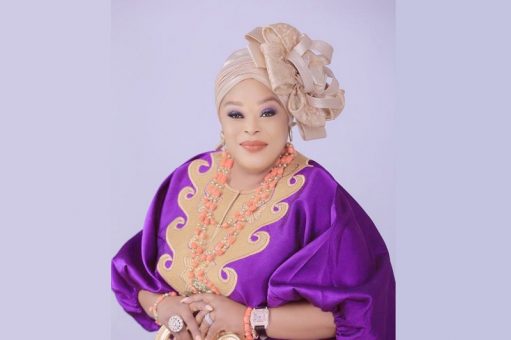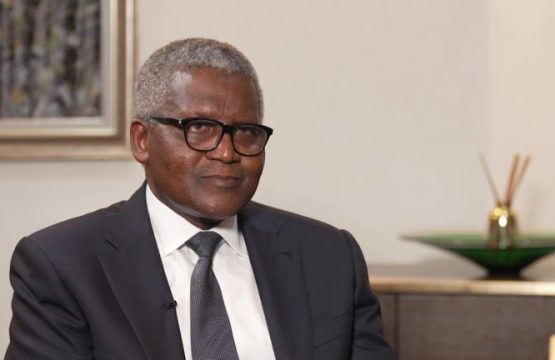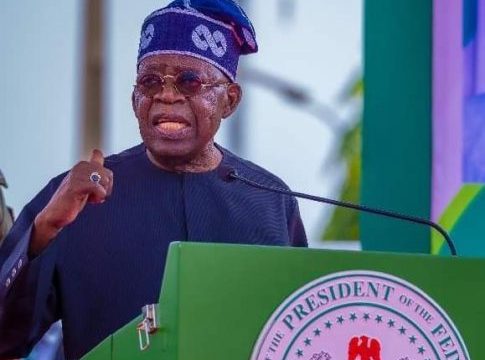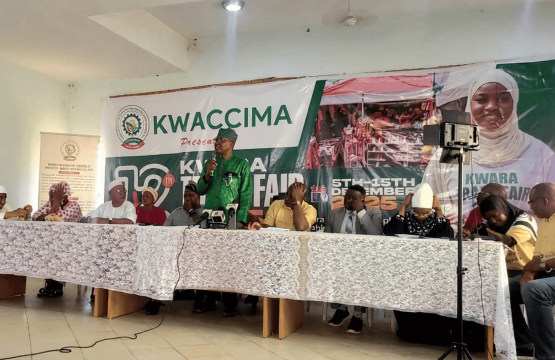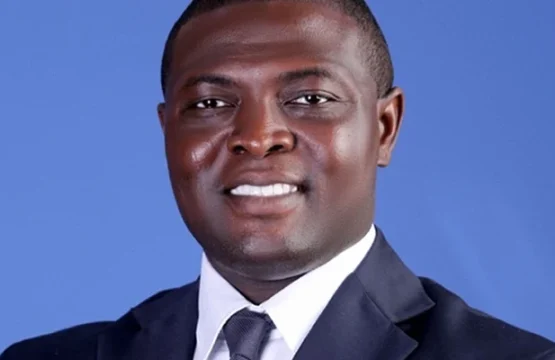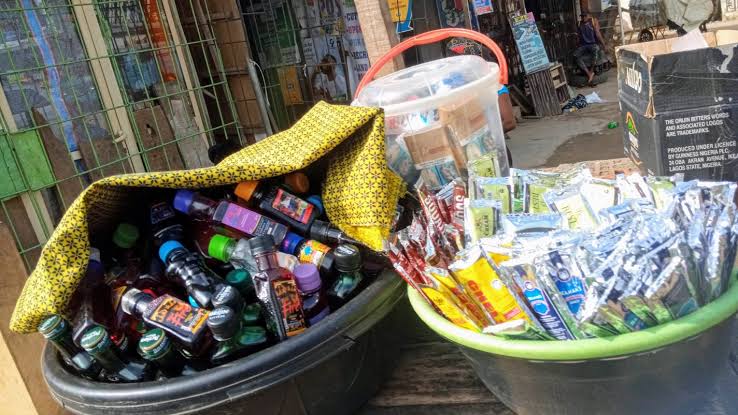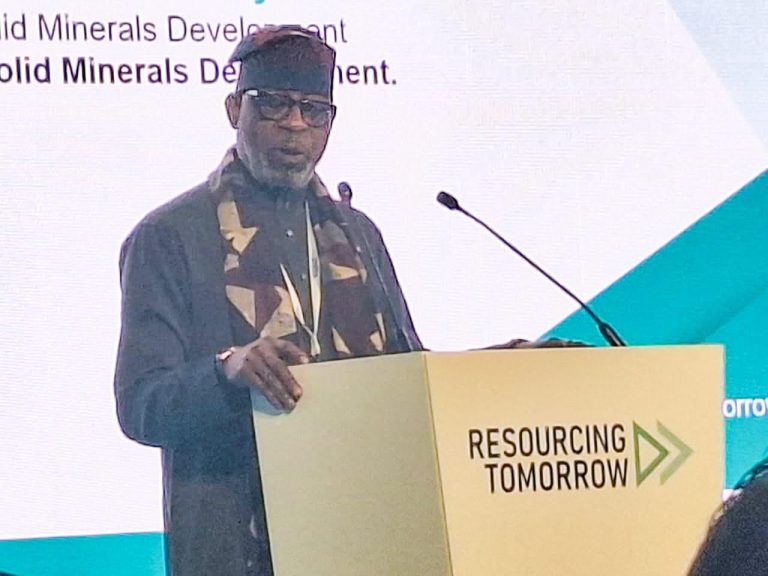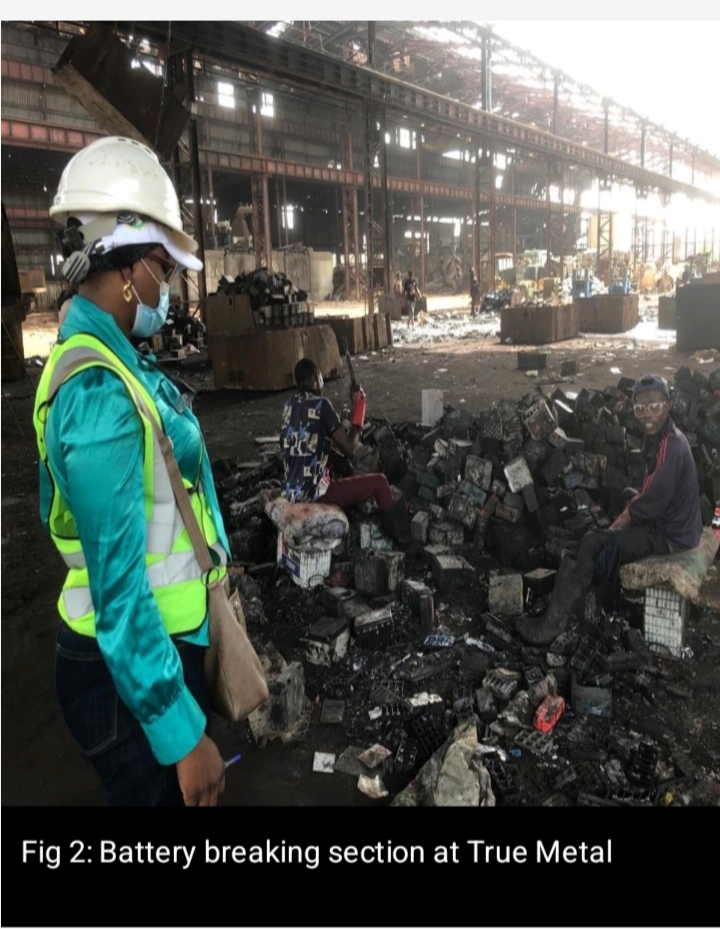▪︎Only NASS Can Reverse It- Chairman
The Organised Private Sector (OPSN) says the over 200 percent masked increase in electricity tariff by the Nigerian Electricity Regulatory Commission for Band A customers, is a threat to the survival of more than 5 million businesses in Nigeria, especially manufacturing concerns and SMIs.
The OPSN, comprising top Business Membership Organisations (BMOs) MAN, NACCIMA, NECA, NASSI and NASME, therefore, calls for the suspension of the implementation of the new tariff.
This is to enable all stakeholders have meaningful dialogue around the process and methodology of determining electricity tariff as well as jointly agreeing on the transparent mechanism required for tariff setting.
” This sudden exponential increase in the face of inadequate electricity supply, is inimical to the competitiveness of Nigerian products and businesses and will definitely exacerbate the impact of high cost of production,” said OPSN.
In a comparative analysis of the N225 kwh, the OPSN, computed that using exchange rate of N1463.31/$1) on the cost profile of a medium sized company using 700kw revealed that the firm will need to pay about N1.4 billion per annum (700 x 225 x 24 x 365)for electricity.
Whereas, in China, a similar medium sized company will pay a little over N24 million (700 x 94.14 x 24 x 365). Obviously, the new electricity tariff is outrageously higher, when compared with the going rates in countries with significant manufacturing performance.
In the United states of America (USA), United Kingdom, Germany, France, China, India, South Africa, Ghana and Benin Republic, prevailing electricity cost per kilowatt hour are $0.1545, $ 0.3063, $0.53,$0.0573,$0.076, $0.068, $0.0999, $0.123 and $0.195 respectively.
“Clearly, with the new tariff of N225/kwh, Nigeria now ranks third after Germany and United Kingdom on the list of countries with highest electricity cost.
What is most worrisome with the Nigerian case is the fact that the electricity to be supplied is not adequate,” said OPSN.
However, the Chairman of the House Committee on Power, Victor Nwokolo (PDP, Delta) said: “The committee cannot take any decision to stop the increase in tariff. That decision can only be taken by the entire House and not at the committee level. “There must be a House resolution to stop it.”
This was even as the Chairman of the Nigeria Electricity Regulatory Commission, Sanusi Garba, stated that the Federal Government will need to generate N3.2 trillion as subsidy in 2024 in order to reverse the recent increase in electricity tariff. He made these remarks during a stakeholders meeting organized by the House of Representatives Committee on Power in Abuja. Garba emphasized that the current level of investment in the sector, while commendable, is insufficient to ensure a consistent power supply nationwide.
The Vice Chairman of NERC, Musiliu Oseni, who also justified the recent increase in tariff said the increment was needed to save the sector from total shutdown.

